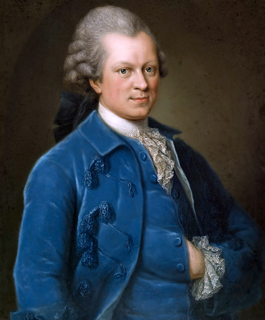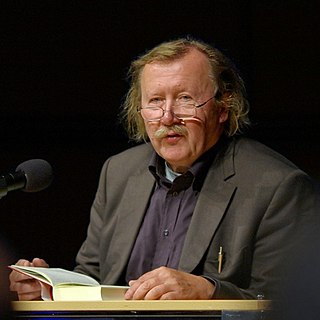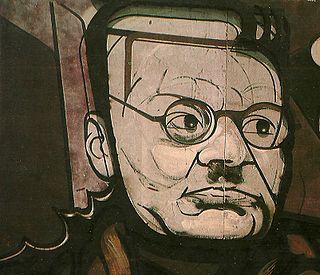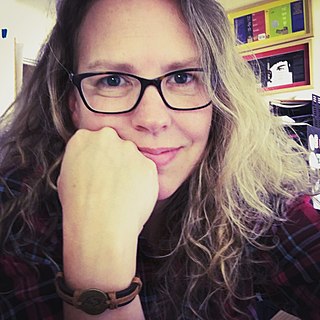A Quote by Friedrich Nietzsche
In the knowledge of truth, what really matters is the possession of it, not the impulse under which it was sought.
Related Quotes
Problems may be solved in the study which have baffled all those who have sought a solution by the aid of their senses. To carry the art, however, to its highest pitch, it is necessary that the reasoner should be able to use all the facts which have come to his knowledge; and this in itself implies, as you will readily see, a possession of all knowledge, which, even in these days of free education and encyclopaedias, is a somewhat rare accomplishment.
What I really need is to get clear about what I must do, not what I must know, except insofar as knowledge must precede every act. What matters is to find a purpose, to see what it really is that God wills that I shall do; the crucial thing is to find a truth which is truth for me, to find the idea for which I am willing to live and die.
The Greek word for philosopher (philosophos) connotes a distinction from sophos. It signifies the lover of wisdom (knowledge) as distinguished from him who considers himself wise in the possession of knowledge. This meaning of the word still endures: the essence of philosophy is not the possession of the truth but the search for truth. ... Philosophy means to be on the way. Its questions are more essential than its answers, and every answer becomes a new question.
The true value of man is not determined by his possession, supposed or real, of Truth, but rather by his sincere exertion to get to the Truth. It is not possession of Truth by which he extends his powers and in which his ever-growing perfectability is to be found. Possession makes one passive, indolent and proud. If God were to hold all Truth concealed in his right hand, and in his left only the steady and diligent drive for Truth, albeit with the proviso that I would always and forever err in the process, and to offer me the choice, I would with all humility take the left hand.
The violent, antirationalistic impulse in Western countries is reacting to an intellectual state of affairs in which all thinking has become strategy; this impulse shows a disgust for a certain form of self-preservation. It is a sensitive shivering from the cold breath of a reality where knowledge is power and power is knowledge.
Errors and exaggerations do not matter. What matters is boldness in thinking with a strong-pitched voice, in speaking out about things as one feels them in the moment of speaking; in having the temerity to proclaim what one believes to be true without fear of the consequences. If one were to await the possession of the absolute truth, one must be either a fool or a mute. If the creative impulse were muted, the world would then be stayed on its march.
All those formal systems, in mathematics and physics and the philosophy of science, which claim to give foundations for certain truth are surely mistaken. I am tempted to say that we do not look for truth, but for knowledge. But I dislike this form of words, for two reasons. First of all, we do look for truth, however we define it, it is what we find that is knowledge. And second, what we fail to find is not truth, but certainty; the nature of truth is exactly the knowledge that we do find.
I think we owe it to children to let them dig their knowledge, of whatever subject, for themselves out of the "fit" book; and this for two reasons: What a child digs for is his own possession; what is poured into his ear, like the idle song of a pleasant singer, floats out as lightly as it came in, and is rarely assimilated. I do not mean to say that the lecture and the oral lesson are without their uses; but these uses are, to give impulse and to order knowledge; and not to convey knowledge.
Truth should be the first lesson of the child and the last aspiration of manhood; for it has been well said that the inquiry of truth, which is the love-making of it, the knowledge of truth, which is the presence of it, and the belief of truth, which is the enjoying of it, is the sovereign good of human nature.








































